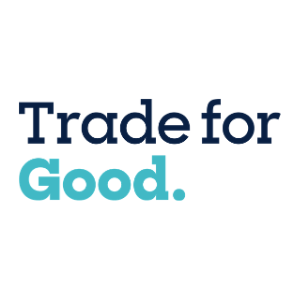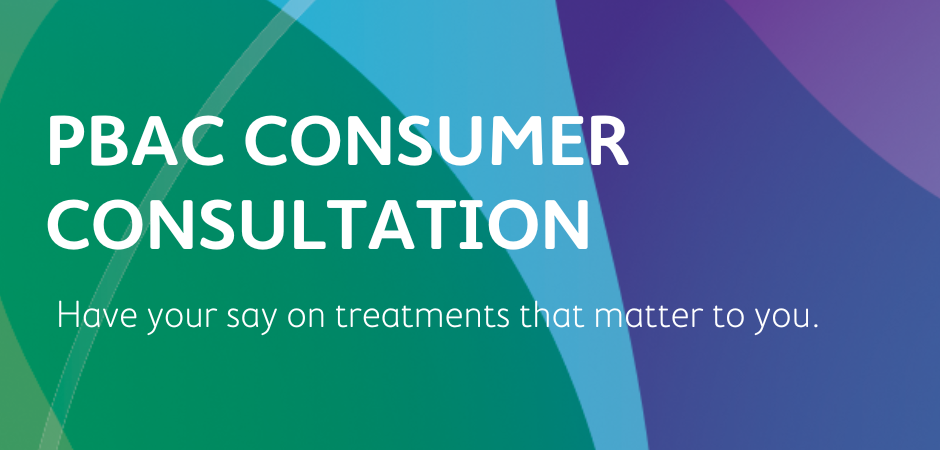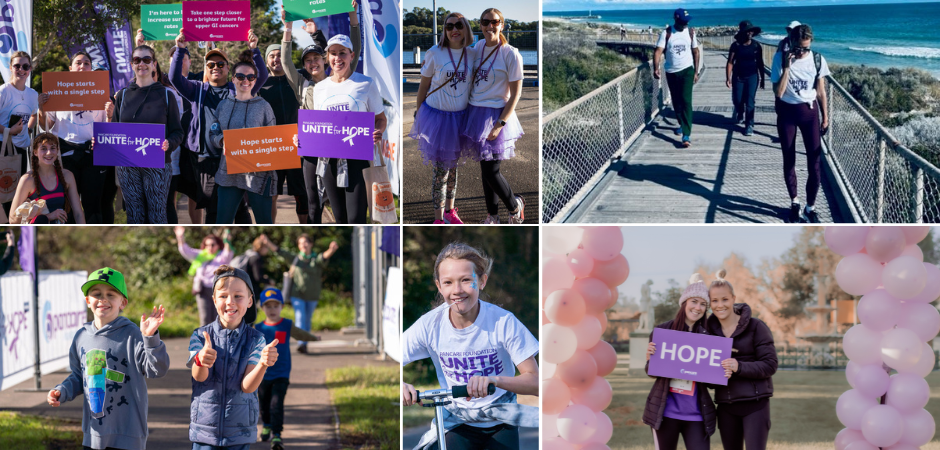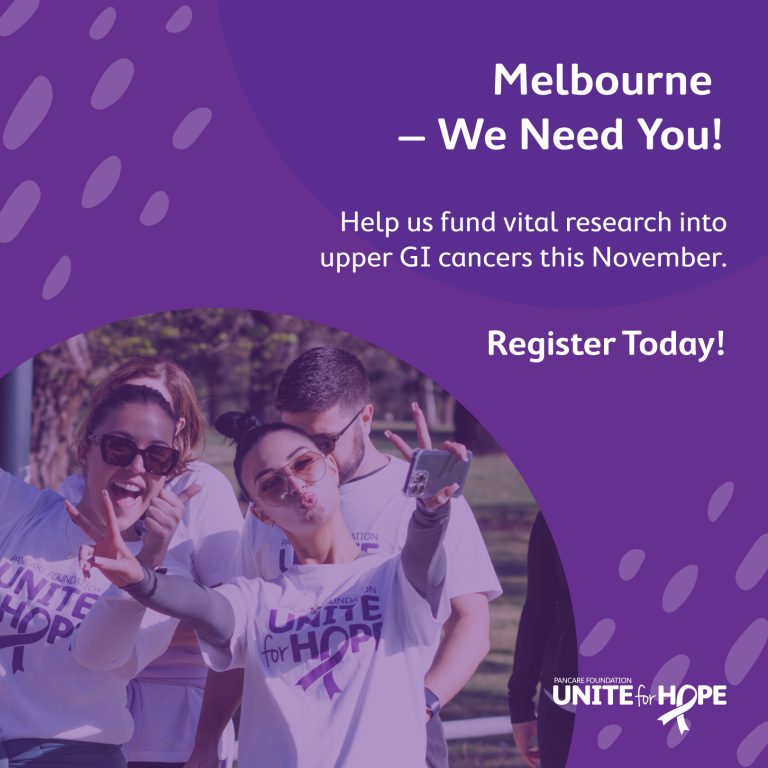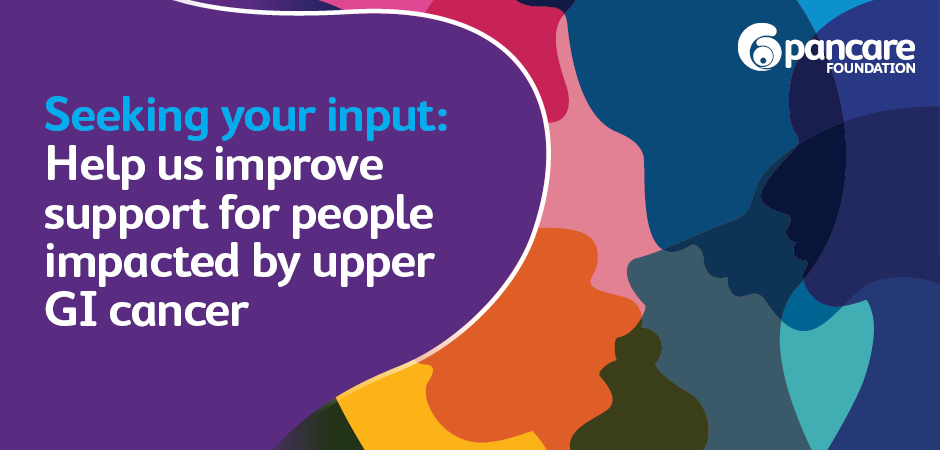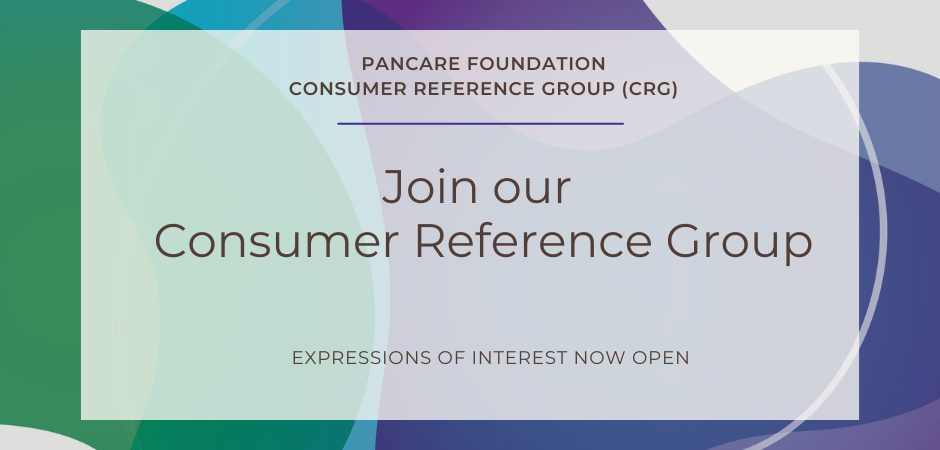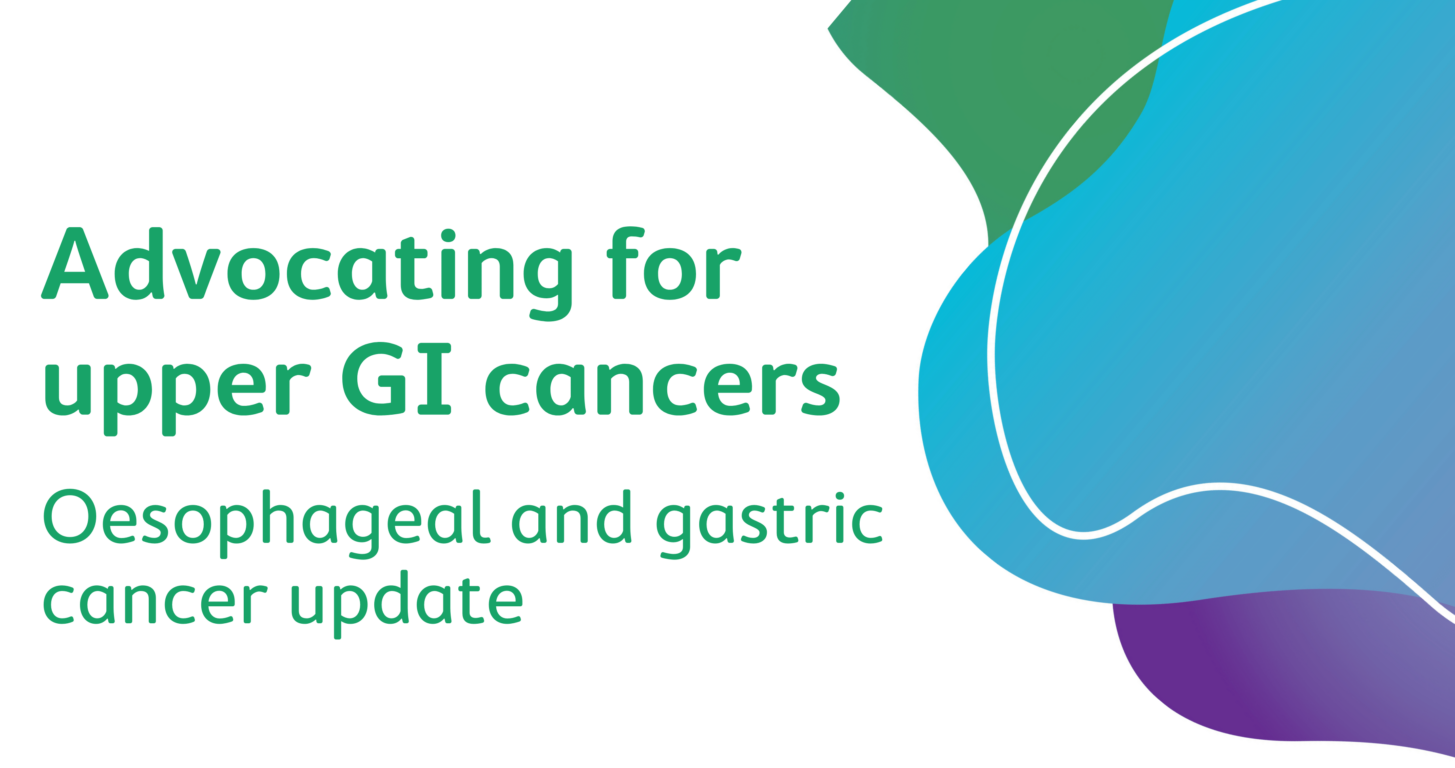
An important part of Pancare supporting patients with upper gastrointestinal (GI) cancers is advocating for better treatment and unmet needs.
We do this by supporting research projects that are developing better ways to diagnose and treat patients, including improved understanding of the risk factors that lead to upper GI cancers.
We also support the approval process of new treatments for upper GI cancers so they may reach clinicians and patients as quickly and safely as possible. In these two ways, we are able to make changes to outcomes of upper GI patients.
We know that the voices of those living with these conditions are vitally important. Pancare advocates on behalf of patients and carers. We notify our community of advocacy projects that would benefit from the insight and perspective of patients and carers at the heart of the matter.
At the moment, we are supporting a number of research projects seeking community advisory group members to help guide and advise them, particularly in oesophageal and gastric cancers. If you are a patient or a current or past carer and you have an interest in research, please contact us for more information. Those that get involved report that it is a very positive and rewarding experience.
Applications for the VCCC Alliance’s national Patient Advisory Committee close on Friday 22 April 2022. The committee will provide crucial input into the development of a new national Patient-Partnered Cancer Research Program.
Learn More
We are also supporting an application to add an immunotherapy treatment for oesophageal cancer to the Pharmaceutical Benefits Scheme (PBS). This will be discussed at the July 2022 Pharmaceutical Benefits Advisory Committee (PBAC) meeting.
The application is for PBS funding of Nivolumab (Opdivo TM), an immunotherapy for patients who have already received platinum-based chemoradiotherapy and surgery for oesophageal cancer. The application provides evidence that a clinical trial has shown benefits from immunotherapy treatment, rather than standard “watching and waiting” treatment.
At this stage of the trial, the results indicate that the disease-free period improves significantly, however it is too early to see how it will improve overall survival. The clear benefits of the treatment to high-risk patients is evident and thus the application is being made to help make this treatment available to eligible patients.
We will keep you updated on this application and any opportunities that arise to provide consumer commentary.
Read more . . .

